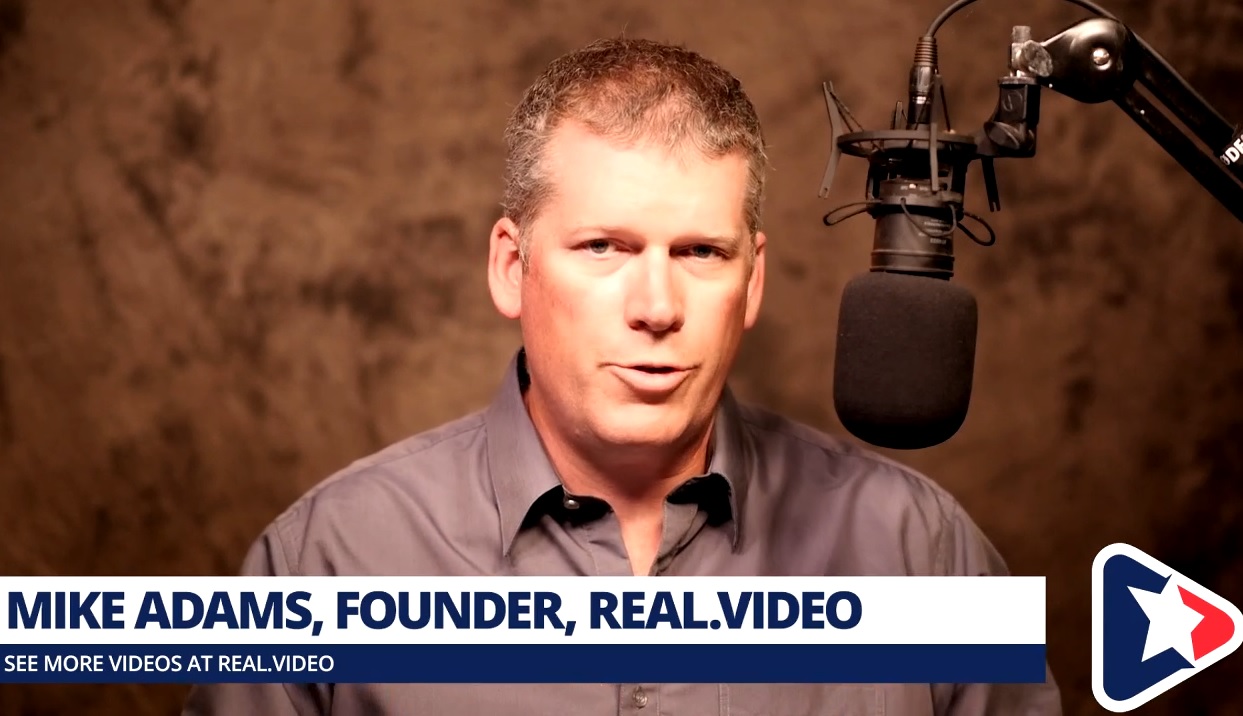Team Trump already dismantling Obama’s “legacy” of job-killing rules and regulations
03/10/2017 / By JD Heyes

Quietly, behind the scenes, away from the noise and din of the daily media narrative of a “chaotic White House” marred and beset by “problems,” the men and women President Donald J. Trump selected to serve in his Cabinet are doing the work of the American people.
Though more Cabinet picks still await Senate confirmation, those who’ve already taken up their posts – at the State Department, the EPA, the Interior Department, Education and others – are beginning to roll back Obama-era rules and regulations that have, for years, cost the economy, choked economic growth and stifled job creation and opportunity.
As reported by Fox News, department heads are moving ahead on their own, even while working with the president and Republicans in Congress to dissect and dismantle much of the administrative state:
Interior Secretary Ryan Zinke was the latest to peel back red tape.
On his first day of work, for which he arrived Teddy Roosevelt-style on horseback, Zinke ended a ban on lead bullets and fishing tackle on federal lands and water. The ban was imposed to protect animals from lead poisoning, but had been criticized by the National Rifle Association as an attack on gun owners.
The regulation, Zinke, noted, had not been mandated by any existing federal rule or law, and therefore was not necessary. He also noted there would be much more to come, directing agencies underneath him to find ways to expand fishing and hunting privileges on the millions of acres controlled by Interior that taxpayers actually own.
Over at the Environmental Protection Agency, meanwhile, Administrator Scott Pruitt is set to put the kibosh on several rules implemented by his predecessor that were ostensibly aimed at curbing “global warming” and “climate change,” but in fact are nothing more than additional unnecessary regulatory burdens on the oil and gas industry. (RELATED: EPA chief Pruitt truth bomb: No, ‘carbon dioxide’ does not contribute to ‘global warming’.)
One such action Pruitt is expected to take is to roll back strict gas mileage requirements that President Obama attempted to get locked in long-term for cars and light trucks through the year 2025.
In all, Fox News reported, the actions collectively are part of a three-pronged effort to deter implementation of a slew of last-minute regulations the outgoing administration attempted to ram through on its way out the door. White House Chief Strategist Steve Bannon called it the “deconstruction of the administrative state” during a talk at the recently-concluded CPAC meeting in Washington, D.C.
The effort includes presidential executive orders, direct intervention by agency heads, and actions by Congress.
In February, for instance, the president signed an order telling the Department of Labor to delay the implementation of a regulation that requires some financial professionals to put the interests of their clients first; the department could simply just get rid of the rule altogether.
In addition, Trump has signed an order requiring all appropriate federal agencies to reduce the “regulatory burdens” of Obamacare. He has also directed agencies to get rid of two regulations for every new one issued.
Congress, meanwhile, has been using its authority under the little-before-used Congressional Review Act of 1996 to intercept a number of new Obama-issued regulations. The law says Congress has 60 legislative days to reconsider any new regulations. If a resolution of disapprove is passed and signed by the president, then the agency issuing the original rule cannot resubmit it in pretty much the same form. (RELATED: Trump Wants To Eliminate Over 75 Percent Of All Regulations And ‘Maybe More’.)
But more than reducing regulatory burdens, conservatives in and out of government want the Trump administration to make it much more difficult for federal agencies to issue their own rules – which have the force of law – in the years ahead.
“There is no reason why EPA’s role should ebb or flow based on a particular administration, or a particular administrator,” Pruitt said last month, as reported by Fox News. “Agencies exist to administer the law. Congress passes statutes, and those statutes are very clear on the job the EPA has to do.”
The same is true for other federal agencies.
More is also being done to prevent future administrations from piling up new regulations. In January the House passed legislation that, if signed by the president, would let Congress reject several regulations at once, rather than reviewing them separately.
J.D. Heyes is a senior writer for NaturalNews.com and NewsTarget.com, as well as editor of The National Sentinel.
Sources:
Tagged Under: administrative state, bureaucracy, cutting regulations, President Donald J. Trump, Trump.news




















